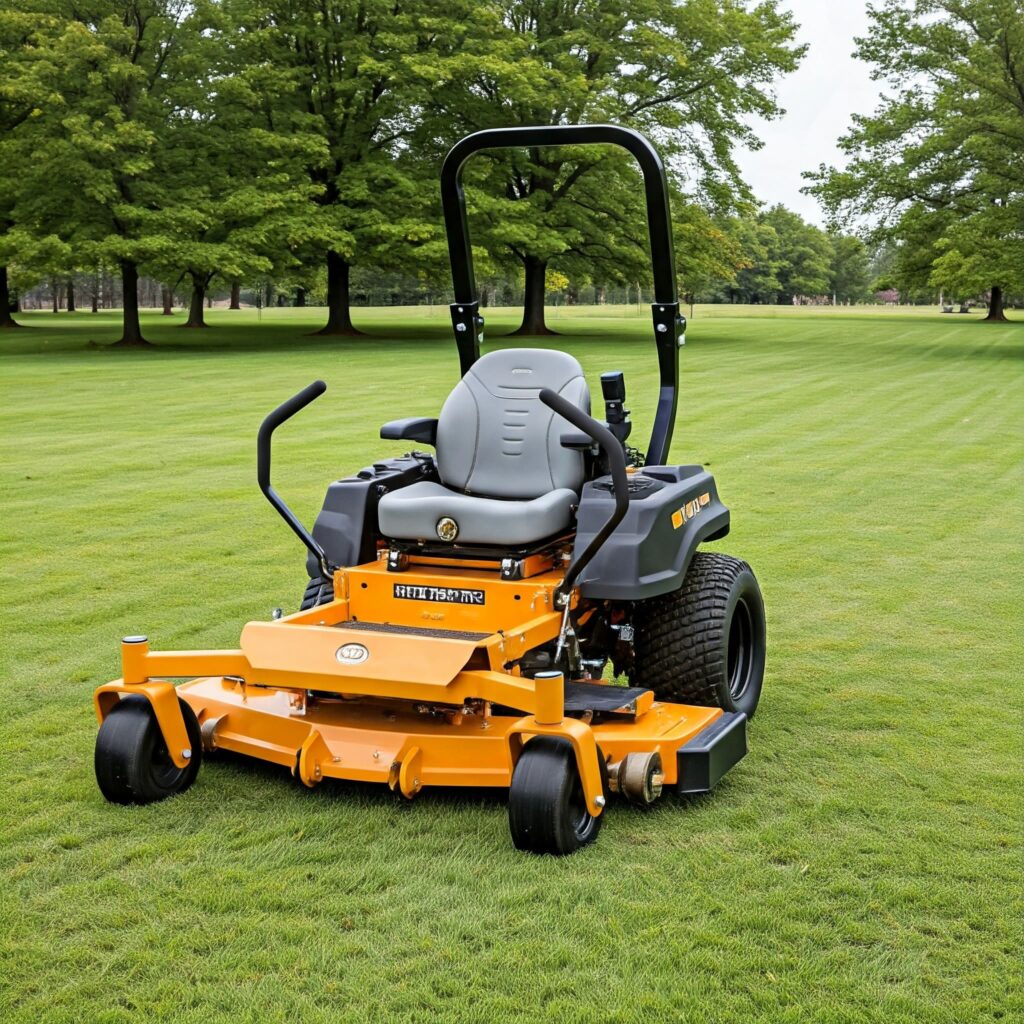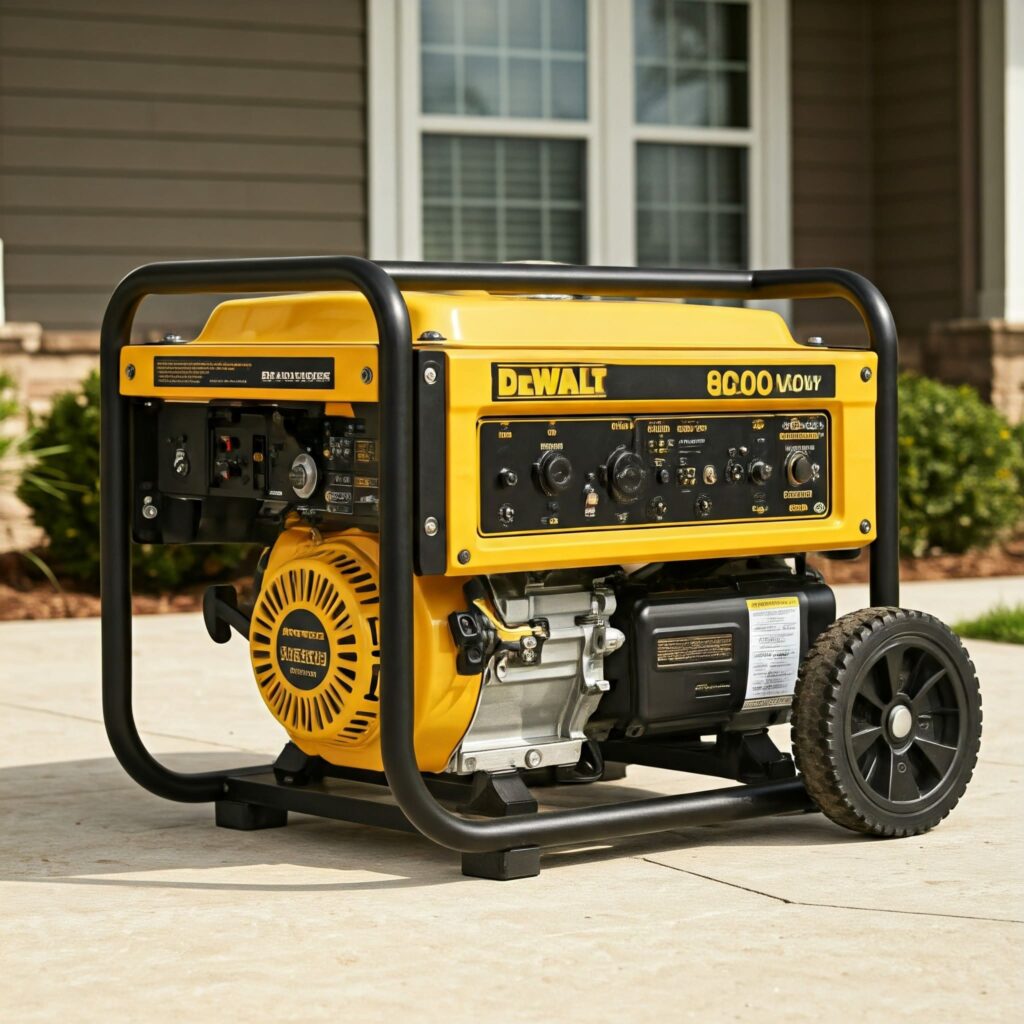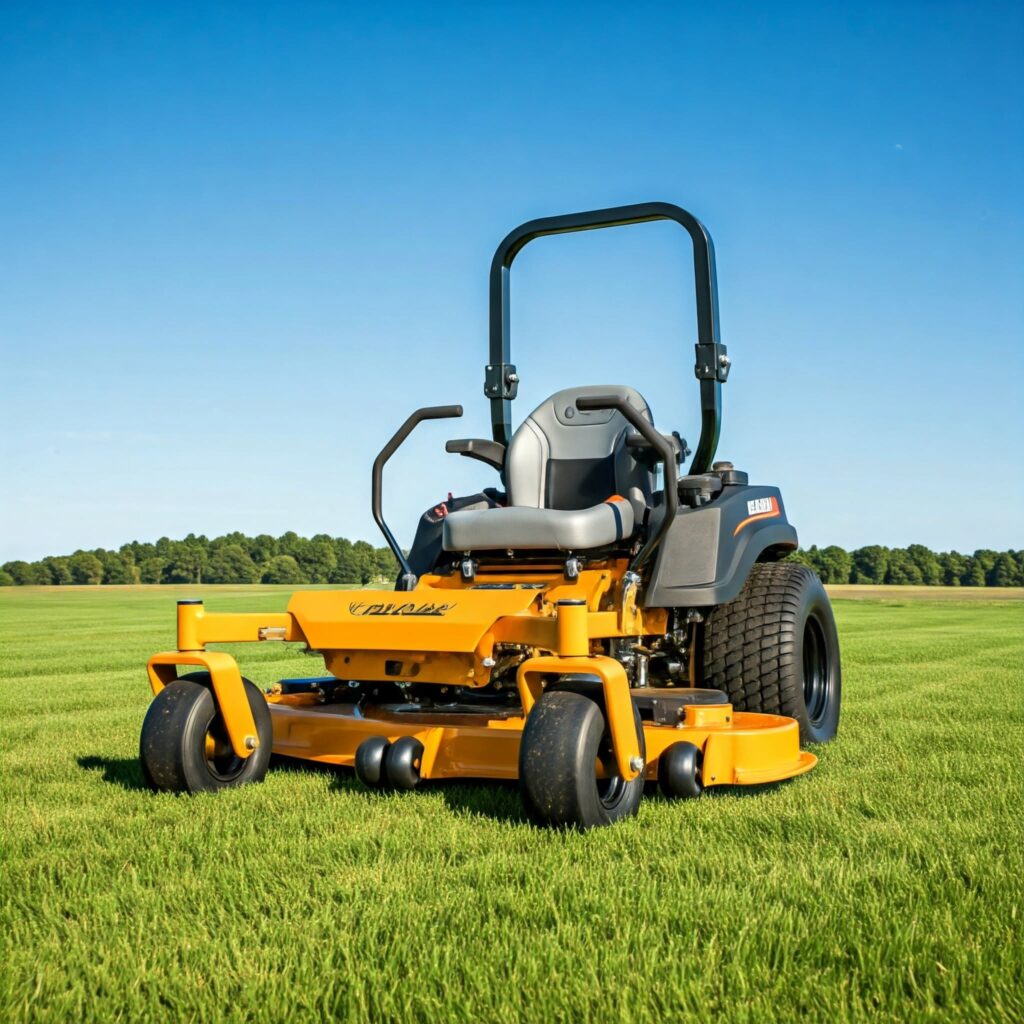Choosing the correct oil for your engine is essential for maintaining performance, reducing wear, and extending the lifespan of your equipment. Small engine oil and car oil are formulated to address very different needs, and using the wrong oil can have serious consequences.
This article explores the differences between small engine oil and car oil, highlights top-performing products, and provides practical maintenance tips to help professionals and enthusiasts make informed decisions about their equipment.
What Sets Small Engine Oil Apart from Car Oil
Small engines, such as those in lawnmowers, generators, and other outdoor equipment, have distinct designs and operating conditions compared to car engines. These differences directly influence the formulation and performance of their respective oils.
1. Additive Composition
- Small Engine Oil: Contains anti-wear additives and detergents formulated to handle dirt, combustion byproducts, and higher operating temperatures often present in air-cooled engines.
- Car Oil: Designed for engines with stricter emission control systems, car oils incorporate advanced friction modifiers and detergents tailored to improve fuel efficiency and reduce emissions.
2. Temperature Tolerance
- Small Engine Oil: Formulated to maintain stability under high heat and sustained loads, often associated with air-cooled engines that lack liquid-cooling mechanisms.
- Car Oil: Engineered for a range of temperatures, car oils offer balanced protection for liquid-cooled engines that experience rapid temperature fluctuations.
3. Viscosity Requirements
- Small Engine Oil: Typically single-grade, such as SAE 30, which provides stability under consistent operating conditions.
- Car Oil: Commonly multi-grade, such as 5W-30 or 10W-40, to offer better performance during cold starts and varied temperatures.

Top Oil Options for Small Engines
Choosing the right oil for your small engine requires understanding its unique requirements. Here are three standout products, each with distinct features and benefits:
Valvoline Premium Blue Oil
- Engine Protection: Balanced wear protection with fortified detergents to ensure cleanliness in industrial and commercial engines.
- Performance: Designed for steady operation under consistent loads and moderate RPMs. Meets standards for both small and automotive engines.
- Benefits: Reliable performance for engines operating in stable conditions.
Lucas Semi-Synthetic Small Engine Oil
- Engine Protection: Semi-synthetic formulation includes anti-wear additives, offering enhanced durability compared to conventional oils.
- Performance: Ideal for both air-cooled and liquid-cooled small engines, maintaining lubrication consistency in diverse conditions.
- Benefits: A practical option for a wide range of small engine uses, performing well under moderate stress.
AMSOIL 100% Synthetic Small-Engine Oil
- Engine Protection: High-film-strength additives reduce wear and protect against metal-to-metal contact. Zinc is included for added durability.
- Performance:
- Designed for extended service intervals, lasting up to 200 hours in lab testing.
- Heat-resistant synthetic base oils reduce oil breakdown and volatility.
- Reduces carbon deposits and minimizes sticking in engine components like rings and valves.
- Benefits: Maintains engine efficiency, reduces oil consumption, and supports extended engine life, making it a premium choice for demanding applications.
Practical Maintenance Tips for Small Engines
Regular maintenance is key to maximizing engine performance and efficiency. Here are some actionable steps for equipment care:
- Follow Manufacturer’s Guidelines: Always check the owner’s manual for oil specifications and recommended viscosity.
- Keep It Clean: Regularly replace the oil filter and check for air intake blockages to prevent contaminants from entering the engine.
- Monitor Oil Levels: Check and refill oil as needed after every use to prevent low levels from causing friction damage.
- Seasonal Storage: If your equipment is used seasonally, change the oil before storage to prevent buildup or contamination.
For further tips, explore Pro Small Engine Maintenance Tips from Family Handyman.

FAQs: Your Questions Answered
Can I use small engine oil in my car engine?
No, small engine oil lacks the additives designed for modern car engines, which require oils aligned with fuel economy and emission standards.
Can I use car oil in my small engine?
While it may work temporarily, car oil is not formulated to handle high RPMs and heat in air-cooled engines. Prolonged use can lead to residue buildup and wear.
Is synthetic oil better for small engines?
Yes, synthetic oil offers better thermal stability and wear protection, particularly in extreme conditions. Products such as AMSOIL Small-Engine Oil are optimized for demanding applications.
Conclusion
The choice between small engine oil and car oil may seem interchangeable but plays a significant role in engine care. Using the proper oil ensures consistent performance, reduces wear, and extends engine life. From budget-friendly options to premium synthetics like AMSOIL, selecting the right lubricant is crucial for heavy-use applications.
By understanding the key differences and prioritizing regular maintenance, equipment operators can safeguard their investments and keep machinery running smoothly for years.
